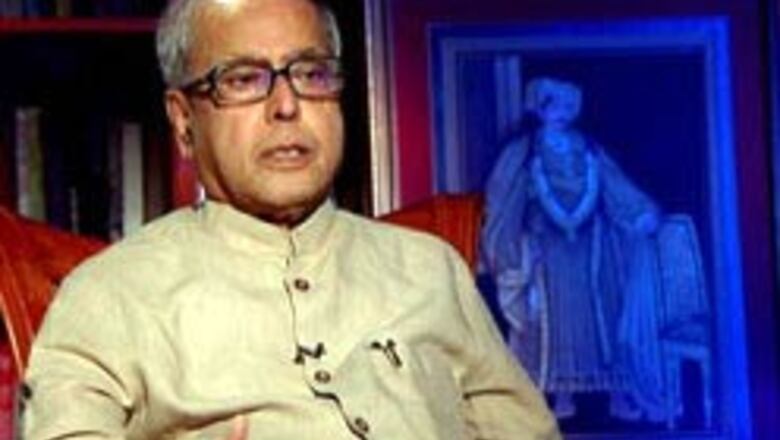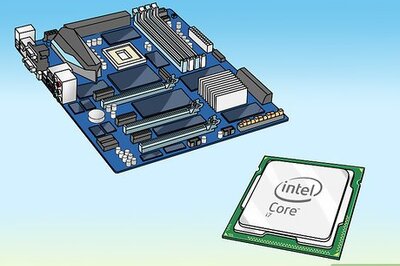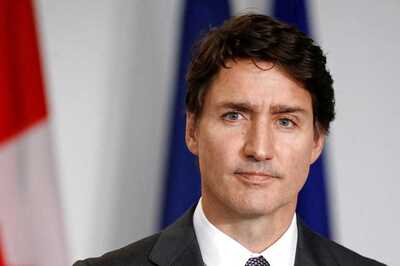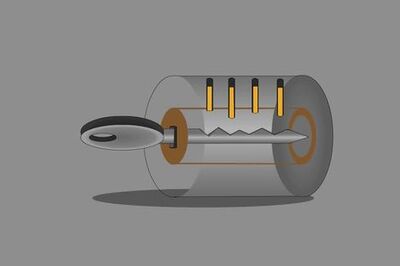
views
Washington: India and the US on Monday expressed their resolve to continue to work on their "landmark" civil nuclear deal.
"We are interested in implementing the landmark agreement reached by Prime Minister Manmohan Singh and President George W Bush," External Affairs Minister Pranab Mukherjee said after meeting Secretary of State Condoleezza Rice at the State Department here.
"Now we have some political problems and are currently engaged in resolving them with the parties supporting our government," he said in reference to the opposition to the nuclear deal from the Left parties that support the Manmohan Singh government from outside.
Rice said, "We will continue to work on the landmark agreement, which is good for both countries and for non-proliferation."
Both Mukherjee and Rice said they will continue their discussion on the nuclear deal at the dinner meeting later Monday.
The morning meeting broadly covered various regional issues also, such as the Tibet question.
Mukherjee was also scheduled to meet President George W. Bush later in the day.
Bush looks at the nuclear deal as a major foreign initiative comparable with former president Richard Nixon's opening to China.
It will be Bush's first face-to-face exchange on the issue with an Indian political leader since Manmohan Singh told him about "certain difficulties in the operationalisation" of the nuclear deal.
Mukherjee, making his first visit to Washington as foreign minister, will also meet Bush's National Security Adviser Stephen J Hadley at the White House.
Foreign Secretary Shivshankar Menon and Joint Secretary (Americas) Gaitri Kumar are scheduled to have a formal session with Rice and her team at the State Department followed by a freewheeling but closed-door event at the Carnegie Endowment for International Peace.
PAGE_BREAK
The dinner meeting between Mukherjee and Rice, without any aides, is presumably to take stock of where they stand on the nuclear deal and other issues and how to consolidate their relationship despite the hitch that has arisen in the deal due to opposition from the Indian government's Left allies.
The two are likely to discuss the next steps that may be taken following finalisation of the text of an India-specific safeguards agreement with the International Atomic Energy Agency (IAEA).
As Mukherjee made it clear before leaving for Washington, "some text has been reached, which only needs to be initialled". However, it cannot be initialled unless the Left parties give it the go ahead.
Once India signs the agreement with IAEA, Washington will push New Delhi's case for a change in the rules of the Nuclear Suppliers Group (NSG) that controls global nuclear trade. The implementing 123 agreement finalised last July will then go to the US Congress for its final approval in an "up or down" vote.
The visit takes place within days of Mukherjee telling parliament that India can neither "mend" nor "end" the deal.
It is also the first visit of an Indian foreign minister to Washington since the one undertaken by K Natwar Singh in April 2005.
Besides the nuclear deal, Mukherjee's talks with Rice as also with other US officials including the ones at the White House are expected to cover the entire spectrum of global, regional and bilateral issues including cooperation in defence and high technology.



















Comments
0 comment